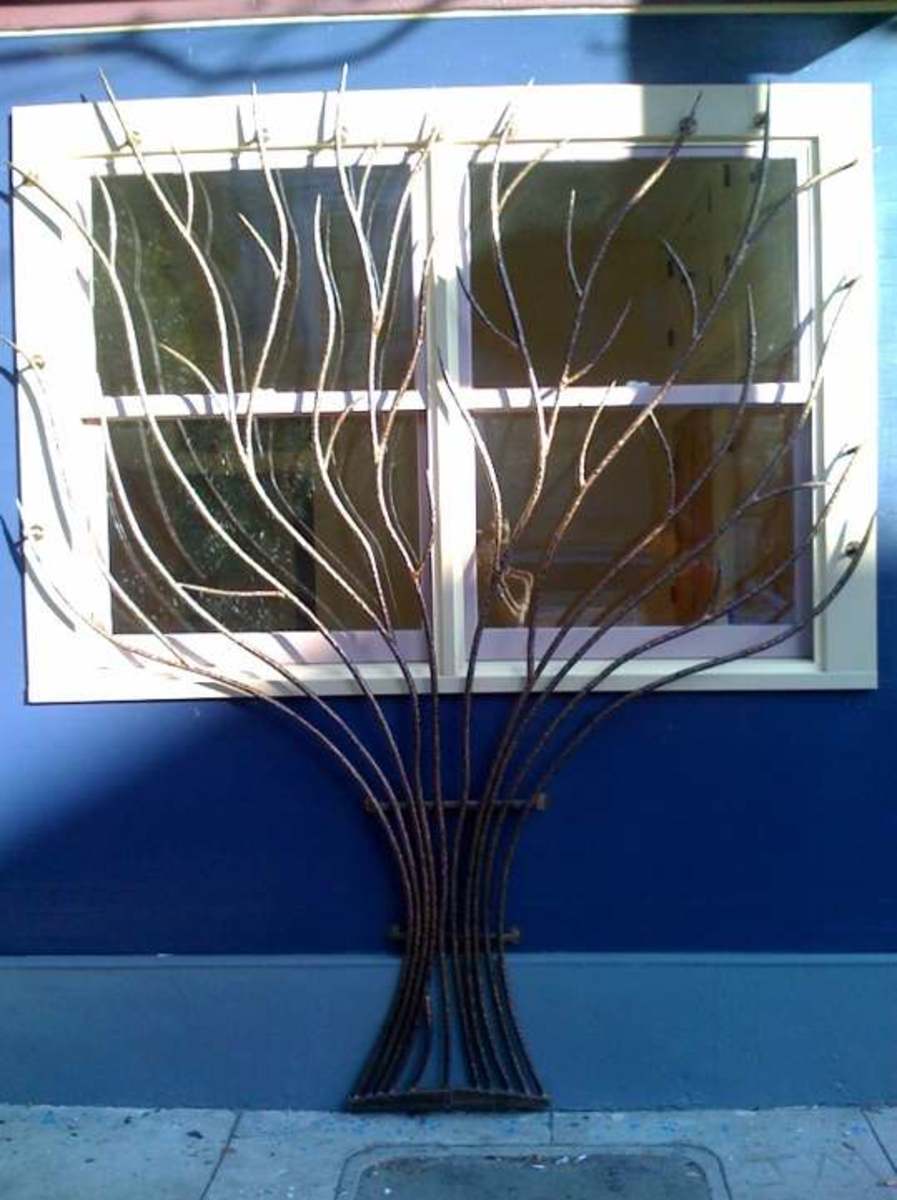Stop the Crime: Five Surprising Ways Thieves and Burglars Know You’re on Vacation
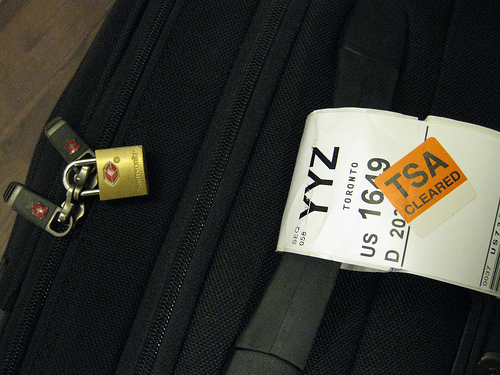
© 2012 by Aurelio Locsin.
A long vacation can provide a relaxing and refreshing break from your regular routine unless it’s marred by a break-in at your home or theft of your luggage. You may take the standard precautions of stopping mail delivery and installing timers so your lights come off and on as though you were home. But thieves have other ways to know you’re out. Find out what those are and how you can defend against crime.
Social Media
Facebook, Twitter and personal blogs are a popular way to share your trips and pics with your friends and relatives. However, thieves and burglars also patrol social media to look for travelers who have left their homes empty. A Google search with a few well-chosen parameters can locate these trip announcements. If you post updates on your vacation constantly, criminals can monitor the status of your return and go back to your home several times.
Defense: Post your vacation pictures and information after you get back. If you must keep your friends and relatives updated, set up a private Facebook page or group that’s open only to members.
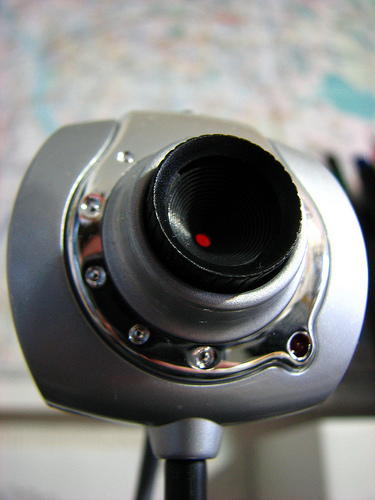
Internet Security Cameras
If you use an Internet-enabled camera to keep an eye on your house, then any hacker can do the same thing. The same thing is true if your computer has a built-in camera and is connected 24-hours-a-day to the web. Anyone with know-how can activate that device without your knowledge so they can peek at your private spaces. This article is not going to help criminals by explaining how camera-hacking is achieved. Sadly, that information is easy enough to find with a Google search.
Defense: Turn any Internet-enabled cameras off if you’re leaving for an extended period. If you need to leave your computer on for some reason, and it has a built-in camera, put a yellow sticky or some other cover over the lens.
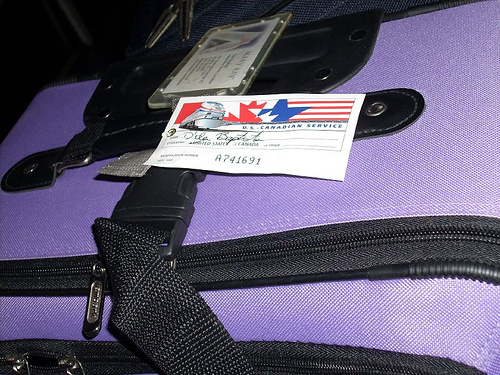
Luggage Tags
Because your luggage tag contains your name and address, it identifies your ownership and allows air carriers and hotels to return your belongings if you lose them. But they also reveal to thieves the location of a home that won’t have its occupants for a while. Less sophisticated criminals may try to cut off your tags while you’re distracted. Smarter thieves can just take a picture of your tags with their smartphone cameras while standing next to you in the check-in line. Others may use zoom cameras to get shots from a distance.
Defense: Put your company name and business address on the tag, so you’re bags can still reach you at work if they get lost. You can also use the name of friends or relative who will be at their homes while you’re on vacation though ask for permission first.
Return Messages
You put your email account, cell phone message and home phone message in Vacation mode because you don’t like to leave people hanging. For email, this means anyone who sends you something receives an automated response telling them that you’re gone and when you’ll return. Your recorded voice messages may say the same thing. Of course, this tells any thief who is checking up on you that you’re gone.
Defense: Don’t set your accounts to Vacation mode or otherwise change your recordings. Instead, forward all your messages to a friend, relative or co-worker who can manage your accounts for you. Give them explicit instructions on how to handle different types of contacts, from ignoring them to giving neutral responses to stating that you’re inaccessible due to an important project.
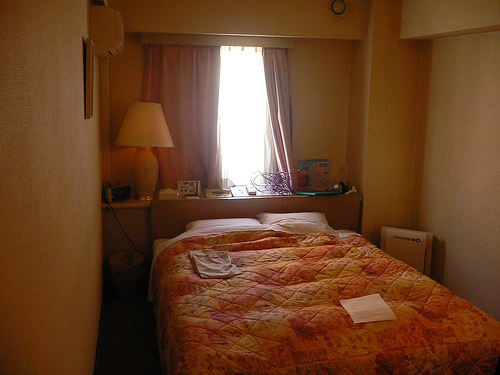
Please Clean Room
To signal the housekeepers of your hotel that you’re out of your room, you usually hang the Please Clean Room sign on the knob. Unfortunately, that message also gets broadcast to someone who may clean your room of all your possessions before the maids ever get there.
Defense: Do not use this sign at all. Or better yet always put the Do Not Disturb on your doorknob. Whenever you leave, inform that front desk that you’re out for the day but that you’re leaving that sign on the door. That way, the maid will know to come and clean your room.




